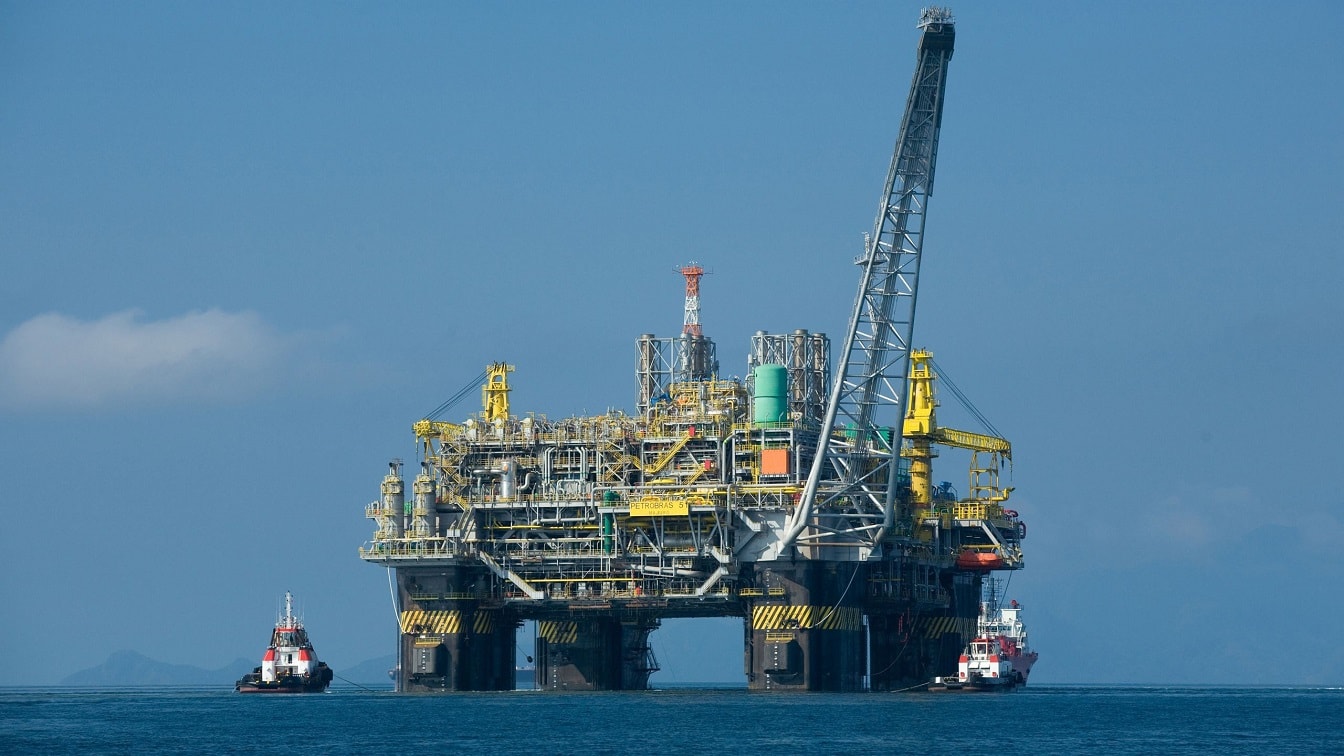Why the Ukraine Crisis Could Mean Even Greater Costs For Oil and Gas: In September, oil prices climbed to $80 per barrel, reaching the highest level in four years. Goldman Sachs predicted that the cost of a barrel could reach $90 by the end of the year, and was wrong by only a handful of months. Right now, the cost of a barrel of oil has surpassed $95 – and it could well exceed $100 soon.
A combination of domestic energy policy and diplomatic struggles with Russia, one of the 13 countries that make up the Organization of the Petroleum Exporting Countries (OPEC) cartel, is driving prices higher and higher. Should those diplomatic struggles morph into a full-scale war between Russia, Ukraine, and Western allies, the price of oil may soon reach levels not seen since the late 2000s.
Biden’s War On Oil
Since entering the White House, President Joe Biden has been very clear about his position on oil and fossil fuels. Biden canceled the Keystone XL pipeline between the United States and Canada on day one of his presidency, ending 1,000 unionized pensions, axing tens of thousands of future jobs, and blocking the import of as many as 700,000 barrels of crude oil per day from Canada to Texas refineries.
Saule Omarova, President Biden’s nominee for comptroller of the currency, even said in February 2021 that the Biden administration intended for fossil fuel companies “to go bankrupt” to tackle climate change.
Even before the Russia-Ukraine crisis escalated at the end of 2021, Biden’s undoing of former President Donald Trump’s energy independence policies resulted in a dramatic increase in oil and fuel costs – and those price rises could be amplified by continued Russian aggression towards Ukraine and the West.
Why Russia Matters
While Russian President Vladimir Putin has not officially threatened an invasion of Ukraine, he has increased military presence on the Ukrainian border substantially since last year.
An additional 7,000 Russian troops joined the existing 150,000 troops already stationed near the Ukrainian border in recent days, with medical supplies, heavy artillery and military vehicles following close behind. Russian military exercises on the border and in neighboring Belarus also continue, indicating Russia’s willingness to encroach into Ukrainian territory at any time.
A senior Biden administration official told reporters on Wednesday that Russia’s recent claim that they had withdrawn troops was a lie, and that Moscow is looking for a false pretext to invade Ukraine at any time.
“Russia keeps saying it wants to pursue a diplomatic solution, their actions indicate otherwise…We hope they will change course before starting a war that will bring catastrophic death and destruction,” the Biden official said.
An invasion of Ukraine by Russian forces will likely have a substantial impact on the cost of oil, given that Russia produces roughly 10 million barrels of oil every day. That’s around 10% of global demand.
Russia is also a big supplier of natural gas, a fuel that is critical for power plants across the continent.
In 2021, Russian state-owned gas supplier Gazprom threatened to switch off the supply of natural gas to Moldova, the poorest state in Europe, as it increased its diplomatic relationships with several Western European economies. Moldova currently receives 100% of its natural gas supply from Russia, prompting accusations that Russia was engaging in political blackmail in retaliation to the countries gradual distancing from Moscow.
Faith Birol, the head of the International Energy Agency, also warned in January that Russia is undersupplying natural gas to Europe, resulting in unnecessarily high gas prices across the continent.
“We believe there are strong elements of tightness in Europe’s gas markets due to Russia’s behavior,” Birol told reporters.
“The current storage deficit in the European Union is largely due to Gazprom…The low levels of storage in the company’s EU-based facilities account for half of the EU storage deficit although Gazprom facilities only constitute 10% of the EU’s total storage capacity,” he added.
Legislators in the European Union have also accused Russia of using its natural gas supply as leverage in the Ukraine standoff while Russia and NATO continue diplomatic negotiations.
Gazprom denies that it is undersupplying natural gas on purpose and insists that it has fulfilled all European contracts in full.
Without Russian natural gas, the European Union loses 30% of its gas energy supply. At the same time, Russia would lose big financially – making the Ukraine crisis a new Fuel Cold War, with both sides waiting for the other to blink.
Russia is tightening its grip over energy supply to Western countries, too. In 2021, the Biden administration announced that it would waive sanctions on the corporation and CEO overseeing the construction of the Nordstream 2 Pipeline, which effectively replaces the canceled Keystone XL Pipeline. Under the new deal, Russia will transfer natural gas to Germany through a pipeline that runs under the Baltic Sea.
Russia’s grip over Western energy is the country’s biggest bargaining chip right now.
However, should this crisis escalate into full-scale war, it may also result in a massive drop in natural gas and oil supply for European and Western countries – driving up prices as a result.
Jack Buckby is a British author, counter-extremism researcher, and journalist based in New York. Reporting on the U.K., Europe, and the U.S., he works to analyze and understand left-wing and right-wing radicalization, and report on Western governments’ approaches to the pressing issues of today. His books and research papers explore these themes and propose pragmatic solutions to our increasingly polarized society.

